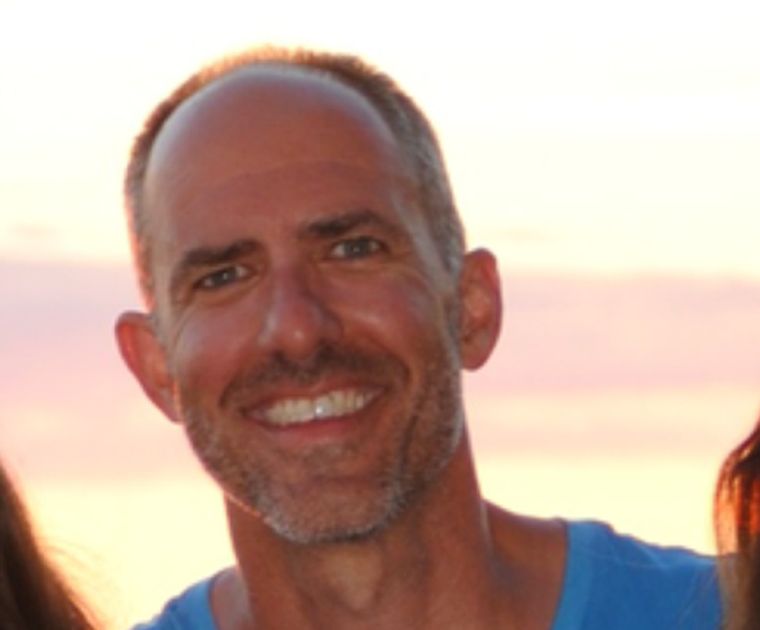By Tom Maguire | Associate editor
Those who have autism are no less spiritual or valid than the person sitting next to them, says special-education teacher Jeff Dixe.
“Never underestimate God. … God’s grace is God’s grace,” Dixe said in a telephone interview last week.
Dixe will present strategies for adapting school lessons to the needs of children who have autism. The workshop for teachers and parents teaching faith formation to children will be held Oct. 15 at Holy Cross Church in DeWitt.
“I’m very confident,” Dixe said, “that people with disabilities get as much out of their faith experience as someone who might not have any disability at all. … Kids with a disability have as much right to learn their faith as anybody else does.”
Dixe is the chair of the special-education department at West Genesee High School, where he has taught for 23 years. He is also an adjunct assistant professor at Le Moyne College, where he teaches special-education and learning theory to future teachers. He is also a lay minister at St. Francis Xavier Church in Marcellus.
Autism is called a spectrum disorder because it manifests itself in different ways, Dixe said.
He said it has three major indicators:
Difficulty with social interactions.
Difficulty with communication.
Difficulty with sensory processing. That means that children may be very oversensitive to things in their environment.
On one end of the spectrum, Dixe said, children may have regular behavioral outbursts because frustration builds up and they are unable to express their feelings.
At the other end of the spectrum are children who have some slight communication and social differences but can take and pass regular high school classes.
The seminar is important, Dixe said, because the more a catechist knows about autism, “the more comfortable you become and the more you adapt your teaching to this child’s needs. My colleagues do it every day.”
At the workshop Dixe will show the faith-formation teachers and catechists how to do a needs assessment and how to apply structures and routines that play to the strengths of students who have autism. The catechists will learn to deal with emotional or behavioral outbursts in ways that help the students learn more efficiently.
Instead of writing, for example, the faith-formation teachers might employ more hands-on activities in the classroom. The children could use manipulatives, such as a match game or a picture game. Or they might perform better if they use magnetic words or letters, a word-processing device, or just symbols.
Also, Dixe said, instead of holding a 45-minute class, the teachers might break it up into 15-minute segments with a lot of different activities so that the children do not get bored or lose focus.
Instead of sitting in chairs for the entire class, some children with autism maintain focus better when they use a big exercise ball.
Teachers will also learn how to help the children improve their social skills. They will show the children how to take turns discussing in small groups and how to improve their listening skills.
As they improve their ability to help children who have autism, the faith-formation teachers will be relying on their support system, Dixe said. That includes their director of religious education, their fellow teachers, and, most importantly, the children’s parents.
Dixe values their input. “They’re the expert,” he said. “Any input from them is very, very valuable to me and I will respect it and utilize it.”
Dixe stressed that teaching children who have autism can be a very positive experience. “Everybody can learn,” he said, “but everybody learns differently. God loves everybody and the teaching of our faith should not be withheld because it’s difficult.”
Asked how other students treat students who have autism, Dixe said, “Better than you think. It’s very difficult at young ages because people don’t understand it, but as kids get older they understand this child has a disability that makes them present differently.
“I’ve seen rough situations at times but for the most part kids treat other kids with disabilities more compassionately than you would think. You’d be surprised at the grace that’s out there. I’ve seen more examples of kids getting along and being treated with respect and dignity.”
The Oct. 15 workshop will be 9:30 a.m.-noon at Holy Cross. It will be live-streamed to the following locations:
Eastern Region of Faith Formation Office, 1 Sherman St., New Hartford; and St. Joseph’s Parish Center, 240 West First St., Oswego. Register at www.faithformationevents.weebly.com.
The workshop is presented through grants from the Knights of Columbus, Office of Disabilities, and Office of Faith Formation.




